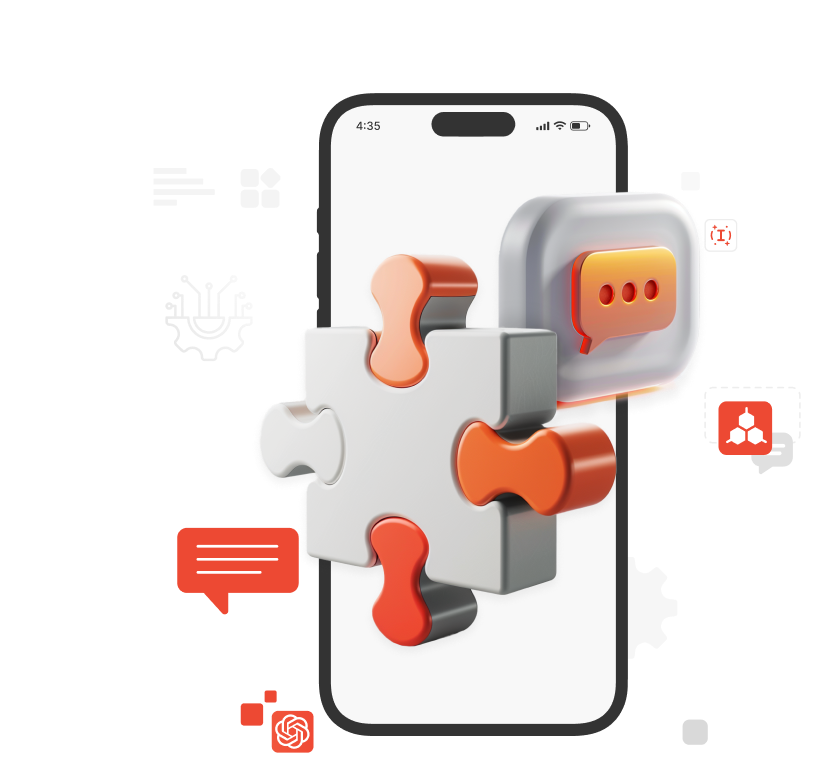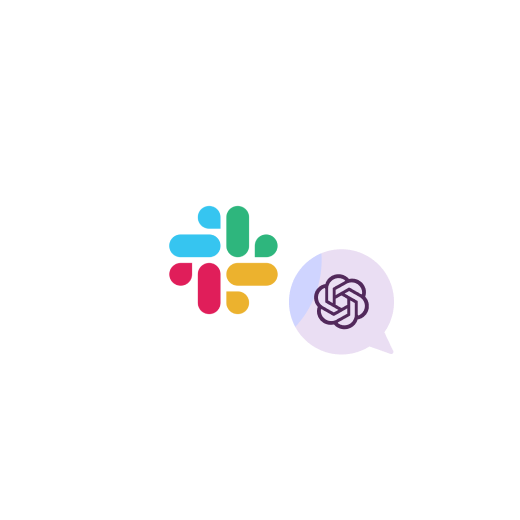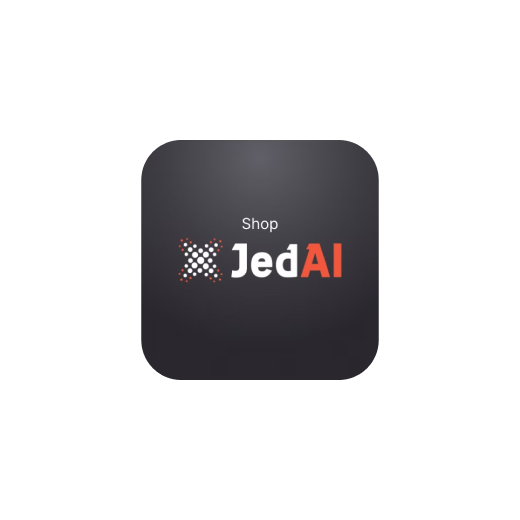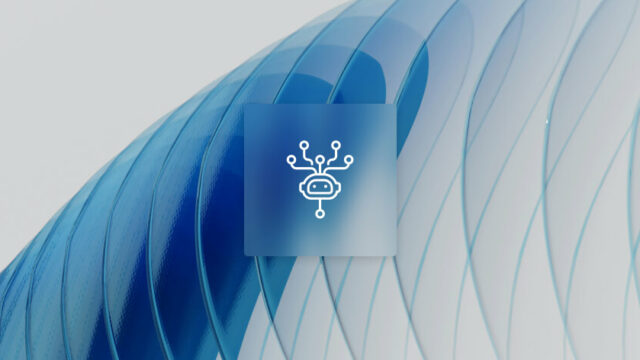Latest case studies

Gen-AI Slack
Chatbot
-
 Rapid information navigation and access
Rapid information navigation and access
-
 Enhanced product understanding among managers
Enhanced product understanding among managers
-
 Optimized workflows and documentation
Optimized workflows and documentation
The company's internal Slack app integrated with OpenAI and the product ecosystem to automate the knowledge base.
Learn More
Bloomsybox
Chatbot
-
 60%
of users completed quiz
60%
of users completed quiz
-
 38%
generate greeting cards
38%
generate greeting cards
-
 78%
of winners claimed prize
78%
of winners claimed prize
The MOCG team developed a personalized eCommerce chatbot using Generative AI to drive user engagement for a floral subscription company.
Learn More
Car Dealership
Chatbot
-
 195
different dealerships
195
different dealerships
-
 14
brand models to choose
14
brand models to choose
-
 79
vehicles editions
79
vehicles editions
Master Of Code Global developed an un-authenticated web messaging with an FAQ bot powered by Generative AI.
Learn More
ShopJedAI
Application
-
 86%
of correct answers
86%
of correct answers
-
 2
development streams
2
development streams
-
 4
advanced technologies
4
advanced technologies
An advanced and innovative AI-driven eCommerce marketing solution specifically tailored for small to medium-sized retail businesses.
Learn More















 Kittch
Kittch 




















